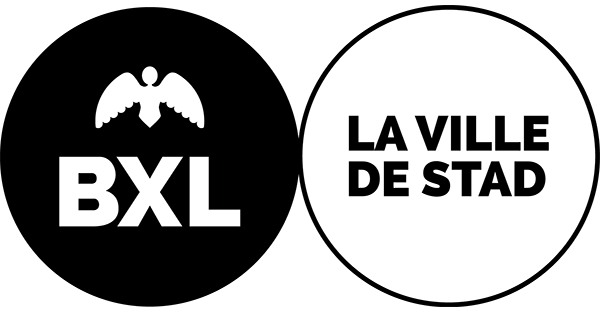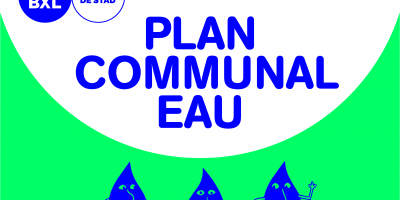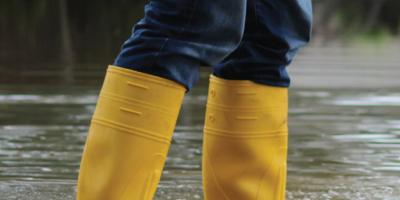Water management in Brussels
Innovative and sustainable water management is now more important than ever. Watch 3 videos (in French) that illustrate the importance of water and water management.
For more than 150 years, most of Brussels' rivers and streams have been converted into collectors for sewers. This was the case, for example, with the Senne, during its vaulting. As the city became more and more urbanized and became less and less water-impermeable, most of the rainwater ended up in the sewers, as if rainwater were waste, a disposable product.
Sewers are necessary to remove waste water, but the (almost) unpolluted rainwater burdens them unnecessarily. During heavy rainfall, the sewers in the neighborhoods at the bottom of the valleys overflow and floods occur that affect a large number of citizens. A problem likely to be strengthened by more frequent and heavier rainfall as a result of climate change.
There are different solutions: rain gardens, wadis (bioswales), ponds, rain tanks,... ensure that the water can infiltrate into the soil, be absorbed by plants, or can be stored and reused where potable water is not necessary.
These facilities can be built in public space, on private land or shared by several lots... and help to make Brussels a sponge city.
Water must be preserved and valued. It must once again be given a fully-fledged place in the urban environment, as a precious raw material, no longer as waste.
Episode 1: the water under our feet
Next video shows the water under our feet (the video contains spoken text in French and subtitles in English):
Episode 2: rainwater management
Next video shows rainwater management (the video contains spoken text in French and subtitles in English):
Episode 3: Brussels, a sponge city
Next video shows Brussels as a sponge city (the video contains spoken text in French and subtitles in English):



